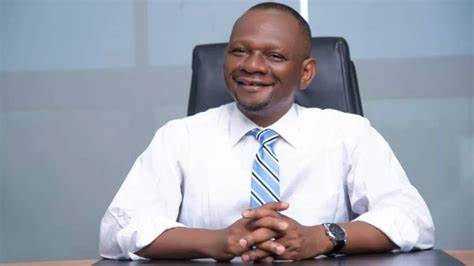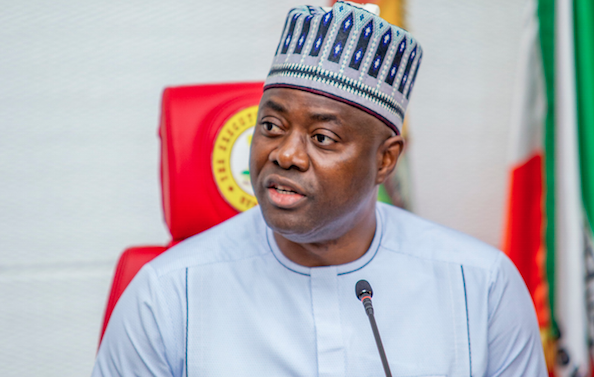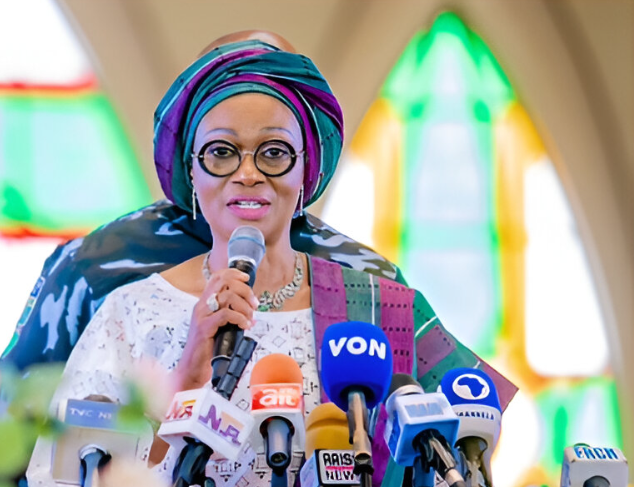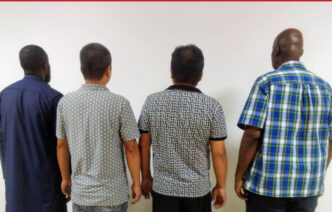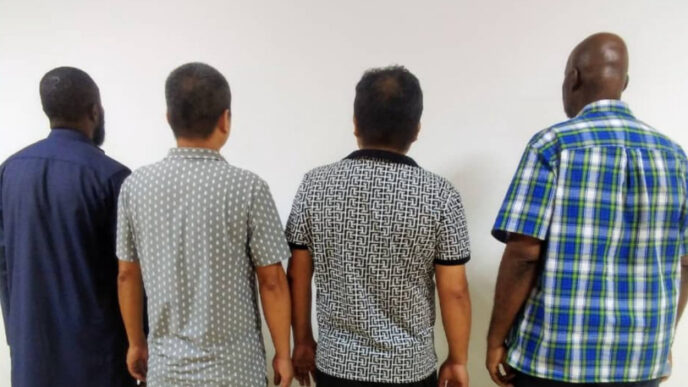Muyi Aina, chief executive officer (CEO) of NPHCDA
The National Primary Health Care Development Agency (NPHCDA) says it has introduced a new comprehensive funding model to revitalise primary healthcare centres (PHCs) across Nigeria.
Muyi Aina, the chief executive officer (CEO) of NPHCDA, spoke in Abuja on Thursday during the inauguration of the basic healthcare provision fund (BHCPF 2.0).
Aina said the move aims to evaluate progress across the health sector, focusing primarily on the effectiveness of the sector-wide approach (SWAP).
He said BHCPF reforms would address long-standing issues of inadequate funding, mismanagement, and inefficiency in Nigeria’s PHC system.
Advertisement
“This new funding model will ensure that resources are allocated directly to the PHCs based on performance, patient outcomes, and facility requirements,” NAN quoted Aina to have said.
“For the first time, local governments will have a significant role in the allocation and monitoring of these funds, which will make sure that the resources are spent where they are most needed.”
The NPHCDA boss said the new reforms focus on improving access to healthcare services, ensuring the effective use of resources, and increasing accountability at the local government level.
Advertisement
The executive director said the new model also focuses on the integration of digital technologies for monitoring health services and strengthening data collection, reporting, and transparency.
“A key aspect of the reforms is the establishment of an independent oversight committee that will monitor the proper utilisation of the funds at the grassroots level,” he said.
“This will ensure that financial and operational accountability is upheld and that the PHCs meet the standards required to deliver quality healthcare.
“The unveiling of the BHCPF 2.0 reforms is part of the ongoing efforts by the Nigerian government to boost the effectiveness of its healthcare system and improve the lives of millions of Nigerians in underserved communities.
Advertisement
“The initiative will also enable greater public and private sector collaboration in improving healthcare infrastructure and services.”
Add a comment
